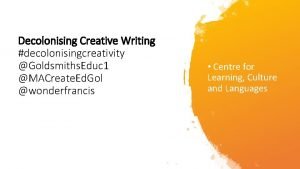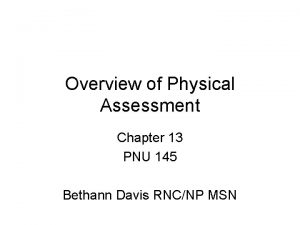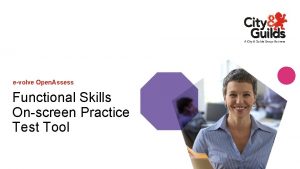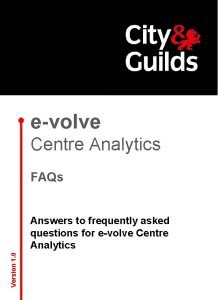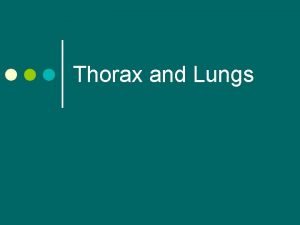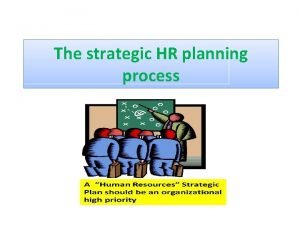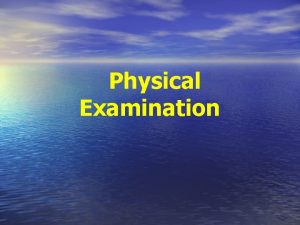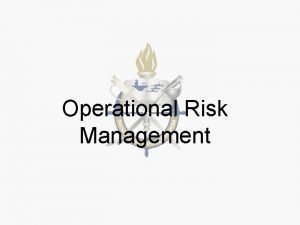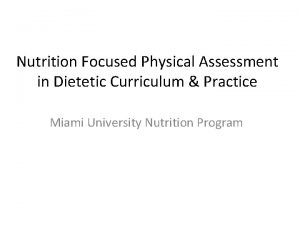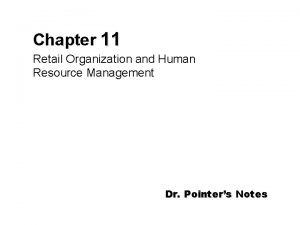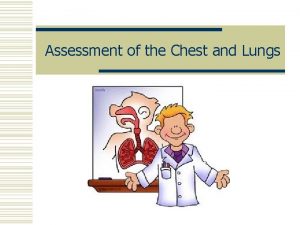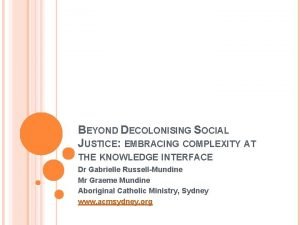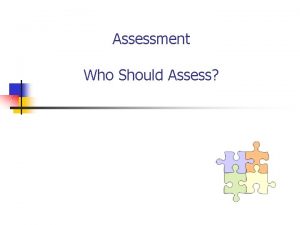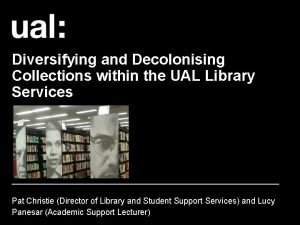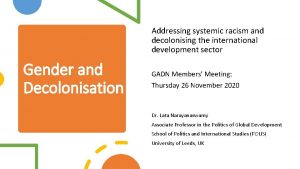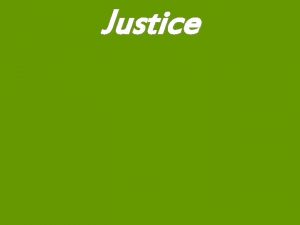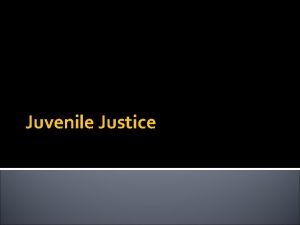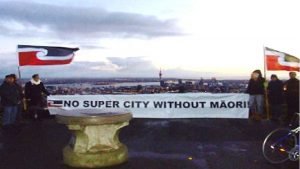Decolonising Assessment Can we assess for justice and












- Slides: 12

Decolonising Assessment: Can we assess for justice and equity? Rachael Jacobs, Western Sydney University, Australia

Goals of the Presentation • Goal 1: Identify issues of decolonisation in assessment • Goal 2: Present 4 models of decolonisation for assessment • Goal 3: Begin a conversation around other models and approaches

https: //www. youtube. com/watch? v=birn. A 3_t m 5 E

Our faith in standardized tests causes us to believe that the racial gap in test scores means something is wrong with the Black test takers–and not the tests…. what if, all along, our well-meaning efforts at closing the achievement gap has been opening the door to racist ideas? (Kendi, 2016)

Can we ever really assess for justice and equity?

Eizadirad (2019) • Assessing the needs of students and local communities • Ecological place-based approach • Love, cooperation, reciprocity, and sacrifice • Measured qualitatively over time

Kendi (2016) • Measuring literacy by how knowledgeable individuals are about their own environment • Measuring an individual’s desire to know rather than what they know • Opening minds instead of filling minds and testing how full they are

Cram (2016) and others • Kaupapa Māori • Embeds Maori epistemologies, ideas of valued learning and cultural norms and understandings into the assessment framework • Looks “inwards” to assess development on Māori terms, and “outwards” in a structural analysis of other facilitators of and barriers to that development • Involvement of parents and community (Mc. Kinley, 2000)

Other strategies • Diagnostic • Formative • Matched to context • Inclusive content • Uses multiple methods

Max Roach My point is that we must decolonise our minds and re-name and re-define ourselves…in all respects – culturally, politically, socially. We must re-define ourselves and our lives, in our own terms.

Contact me Rachael Jacobs Western Sydney University, Australia r. jacobs@westernsydney. edu. au

References Cram, F. (2016). Lessons on decolonizing evaluation from Kaupapa Maori evaluation. Canadian Journal of Program Evaluation, 30(3). https: //doi. org/10. 3138/cjpe. 30. 3. 312 Eizadirad, A. (2019). Decolonizing educational assessment: Ontario elementary students and the EQAO. Springer Nature. Kendi, I. X. (2016, October 20). Why the academic achievement gap is a racist idea. AAIHS. https: //www. aaihs. org/why-theacademic-achievement-gap-is-a-racist-idea/ Mc. Kinley, S. (2000). Māori parents and education/Ko ngā mātua Māori me te mātauranga. NZCER (New Zealand Council for Educational Research). https: //www. nzcer. org. nz/system/files/8391. pdf
 Decolonising creative writing
Decolonising creative writing How to assess alert and oriented
How to assess alert and oriented How to assess alert and oriented
How to assess alert and oriented Evolve city and guilds
Evolve city and guilds City and guilds evolve
City and guilds evolve Tactile fremitus increased
Tactile fremitus increased Hr planning process
Hr planning process Tactile fermitus
Tactile fermitus Steps of orm
Steps of orm Site:slidetodoc.com
Site:slidetodoc.com Human resource management in retail management
Human resource management in retail management Fremitus
Fremitus Secure assess aat
Secure assess aat
